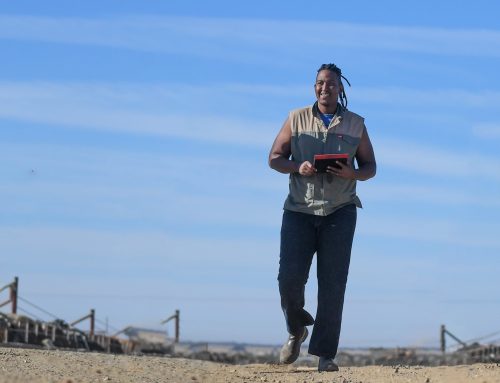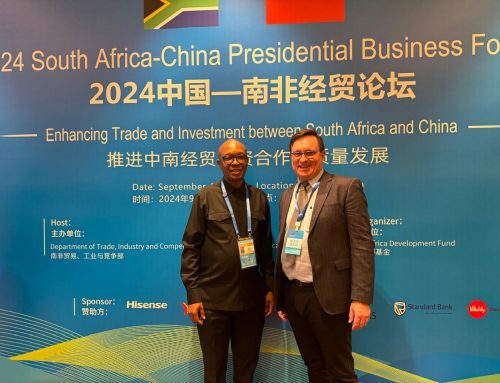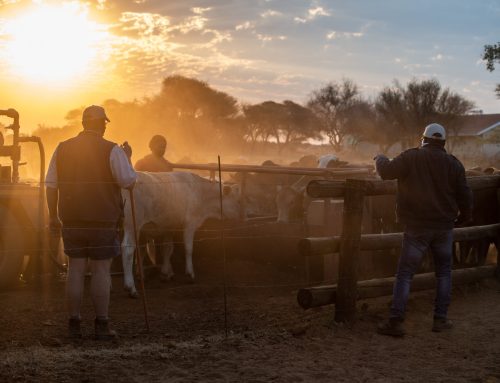SA beef producers hope to snag new export markets in Singapore
This week South African beef producers are hoping to capitalise on the country’s reputation for producing quality beef by capturing a bigger slice of the beef export pie. This is as South African beef producers attend the FHA 2022, Singapore’s largest food and beverage expo, held between 5 and 8 September, in the hope of gaining access to more international markets in the East.
Gert Bliganut, Chief Operations Officer at Beefmaster Group, one of South Africa’s leading suppliers of specialist beef products to local and international markets, says that global meat lovers have developed a taste for South African beef.
“Since exporting our products in 2008, we have seen that every market penetrated has added South African beef to their shelves because of our quality and service assurances, as well as our beef being competitively priced,” says Blignaut, who is attending the FHA expo in Singapore.
Blignaut says Beefmaster Group is using the platform provided by the Singapore FHA expo to meet with authorities and understand the market dynamics in regions in and around Singapore, with the ultimate aim of accessing more international markets.
“We are also meeting other role-players whose services are similar to ours, in other countries, and to positively contribute to conversations around global beef supply. We want to showcase our beef in a positive light,” says Blignaut.
He adds that for South Africa to gain more access to global markets, the country needs to get a handle on the issue of livestock health, with traceability being the cornerstone of global biosecurity standards.
“If we can get this right, together with a collaborative approach between industry and government, then we have a country advantage to negotiate more export markets,” says Blignaut.
His comments come off back of the ongoing issue of Foot-and-Mouth Disease (FMD) outbreaks in South Africa. The country is currently in a legislated ban on the movement of animals to curb the rampant spread of the disease, which is threatening both the health of the national herd, as well as South Africa’s beef exports.
Blignaut says despite the concerns on stricter biosecurity measures, many of the country’s export markets are still open for beef trade due to the bilateral trade agreements in place between South Africa and international territories. “We need to focus on better biosecurity protocols not only to maintain these markets, but also to open new ones.”
The South African beef industry has made some inroads into new export markets over the recent past, with the country’s beef sought after in the Far and Middle East. According to the South African Red Meat Producers’ Organisation, South Africa currently exports 4% of its beef production, which, according to Blignaut, clearly indicates that there is an opportunity for the country to grow its beef exports.
“The opportunity in our export markets is also made clear by Agriculture and Agro-Processing Master Plan (AAMP), read in conjunction with the Red Meat Industry Strategy 2030 prepared by the Bureau for Food and Agricultural Policy (BFAP). This means we must move now to open ourselves to export markets and capitalise on the opportunities inherent in the plan,” says Blignaut.
According to these strategies, the red meat sector is expected to contribute more than R12 billion to SA’s agricultural GDP per annum by 2030, and add 3200 jobs to the sector.






